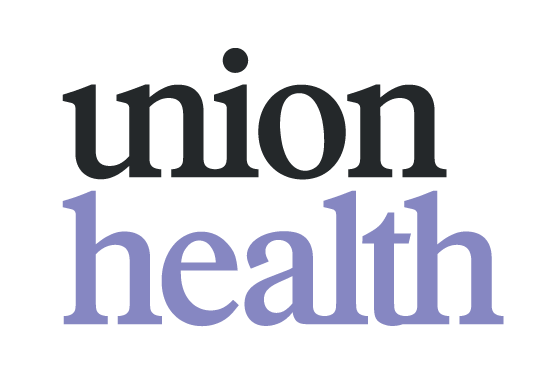As the weather warms up and we shake off the winter chill, spring brings a fresh opportunity to refocus on your health and wellbeing.
Gap costs for hospital treatment are causing pain for patients.
We believe everyone should pay their fair share for hospital visits.
An investigation by the Four Corners program on the ABC called “Mind the Gap” has highlighted that some patients are paying thousands of dollars in out-of-pockets costs for hospital treatment because of excessive charging by doctors. While most doctors do the right thing there are some who charge patients well above the government’s schedule fee and what would be considered a reasonable rate. View the Four Corners program There is no regulation over what doctors can charge while insurers are limited by law on what they can pay. Any difference between what the doctor charges, what the government pays and what the health fund is allowed to pay is passed on to the patient. Hidden fees, such as booking or administration fees, that surgeons charge patients on top of their quoted medical costs can’t be covered by health insurers as it is not for a medical procedure.
Procedures that occur while not admitted into hospital also can’t be claimed so, where a patient needs multiple tests and consultations, and fees are charged above the schedule fee each time, this can cause serious financial distress. Patients often think that because they are paying more it means they are getting higher quality service but there is no evidence to suggest there is any correlation between higher priced surgery and quality. Many specialists participate in an access gap agreement (where you will have reduced or no out-of-pocket costs) or known gap agreement (where the out-of-pocket costs are capped) which is negotiated with your health fund.
If you’re concerned about high-cost treatments (and we all should be), you can do the following to lessen your gap:
· Check with Union Health. Our website lists specialists who have participated in our Access Gap scheme, or who charge either no gap or a known gap.
· Ask your GP to refer you to a specialist who may participate.
· Before you agree to treatment, ask for a quote up-front which contains all likely out-of-pocket costs, including the anaesthetist (if applicable), surgical assistant and diagnostic tests. This is known as "informed financial consent" and is your right as a patient.
· After treatment, if you have had complications or there are unexplained charges on the bill, don’t pay it unless you have an explanation from your doctor.
· Consider travelling outside of your immediate area to access health care options that maybe more affordable.
Find out more about Access Gap and participating specialists here.























